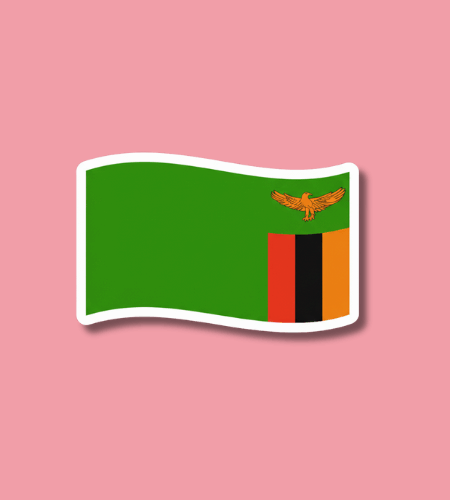Zambia Independence Day is celebrated each year on October 24, marking the moment when Zambia achieved independence from British colonial rule in 1964. The day stands as a national holiday, an occasion for reflection, joy, and unity across the country.
Table of Contents
History of Zambia Independence Day
The road to independence for Zambia was one of gradual transformation and determined activism. The territory, formerly known as Northern Rhodesia, had been under British colonial administration for decades, with the region governed as a protectorate and later under a federation that many local leaders opposed. By the early 1960s, nationalist movements in Northern Rhodesia had grown in strength, influenced by global shifts away from colonial rule and the desire for self‑representation among Zambians.
On October 24 1964, Northern Rhodesia officially became the Republic of Zambia and gained full sovereignty from Britain; at that moment, Kenneth Kaunda became the country’s first President. The event was formalised through the Zambia Independence Act 1964 passed by the British Parliament, which set the legal framework enabling the independent republic.
Why is Zambia Independence Day important?
This day matters because it marks a turning point—not just for the political status of the country, but for the identity and future of its people. When Zambia achieved independence, Zambians gained the opportunity to shape their own institutions, traditions, and national character rather than being subject to decisions made externally. There’s a deep emotional resonance in that: independence meant the possibility of self‑determination, of crafting a society on one’s own terms.
Moreover, the day serves as a collective reminder of the challenges faced and the journey taken. It invites the people of Zambia to look back on the legacy of colonialism, the efforts of those who fought for change, and the ongoing work of nation‑building. It also provides an annual moment to reaffirm shared values—such as unity, peace, and progress—in a country with many ethnic groups and diverse backgrounds.
- It honours the efforts and sacrifices of the independence movement
- It celebrates the unity of a nation comprised of many communities
- It reminds citizens of their right to self‑governance and dignity
- It offers a moment to reflect on how far the nation has come and where it is headed
- It strengthens national identity through shared history and collective memory
How to Celebrate Zambia Independence Day
Observing Zambia Independence Day can be both festive and meaningful without needing elaborate preparation. One simple way is to join or watch a local parade or public gathering where flags are raised, speeches are given and the national anthem is sung; this gives a tangible sense of national pride and community connection. Turning the day into an occasion with family and friends—perhaps sharing a special meal that highlights Zambian cuisine, chatting about the country’s history, listening to Zambian music—can make the holiday feel personal and grounded.
Another way is to engage in an act of reflection or service: for example, visiting a local monument or museum (if available) that honours independence, or volunteering in your community in the spirit of national unity. Even simply raising the Zambian flag at home and taking a moment to talk about the significance of October 24 can turn an ordinary day into something memorable.
- Raise the Zambian flag and play or sing the national anthem
- Share a traditional meal or cuisine tied to Zambia
- Visit or research a site or story connected to Zambia’s independence
- Gather with family or friends and talk about what freedom and national identity mean
- Volunteer or contribute to a community activity that strengthens local bonds
Zambia Independence Day Dates Table
| Year | Date | Day |
|---|---|---|
| 2026 | October 24 | Saturday |
| 2027 | October 24 | Sunday |
| 2028 | October 24 | Tuesday |
| 2029 | October 24 | Wednesday |
| 2030 | October 24 | Thursday |
Subscribe to our newsletter and never miss a holiday again!

